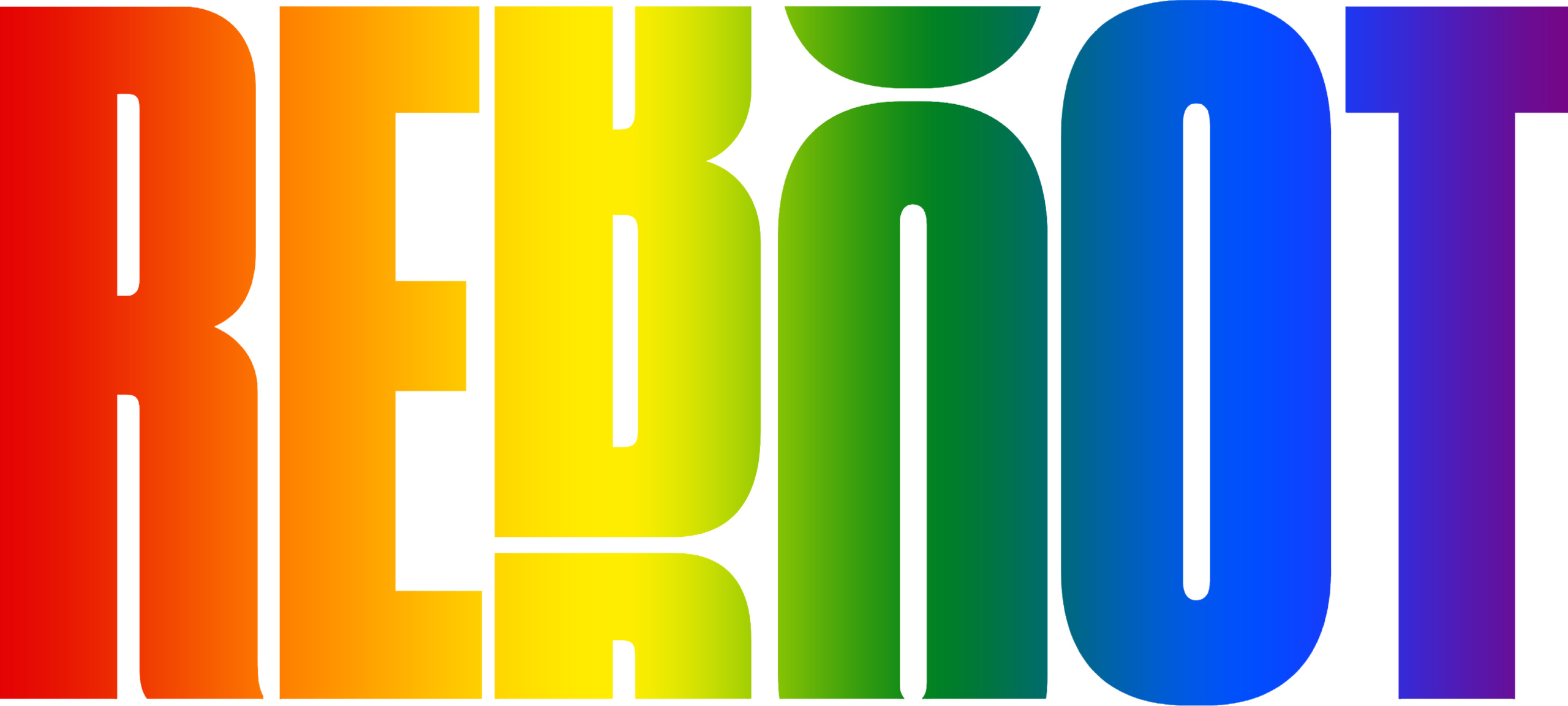
Rosh Hashanah, aka the Jewish New Year, is a major holiday. It translates from Hebrew to “Head of the Year” and commemorates the birth of the Universe (no biggie), the birth of Adam and Eve, and is basically the opening gala of the year for Jewish festivals.
Ram horns called shofars are blown like trumpets, apples are dipped in honey and devoured, and the whole festival is imbued with a sense of possibility — of waking up to newness and starting over.
Like many Jewish festivals, Rosh Hashanah begins in the evening as the sun sets and lasts 48 hours. Depending on levels of religiosity, people will attend synagogue services on one or both days. If you grew up in suburban north London as I did and attended synagogue, the holiday also most likely heralded the annual seasonal clothes shopping event.
On a soul level, it kicks off a ten day period of reflection known as the Days of Awe or the ten Days of Atonement. This culminates with Yom Kippur, the day of fasting where, as Jews, we traditionally cleanse our mind, souls, and spirits, and “atone” for anything we’ve done wrong over the previous year. In essence, we are given the opportunity to apologize for our “sins.”
If you’ve ever seen your Jewish friends making blanket statements on Facebook around this time, apologizing to anyone for anything they’ve done intentionally or unintentionally the past year, the above is why. They’re prepping to get into the Jewish book of life at the culmination of the ten day period. Tradition dictations that during the Days of Awe, it is written who will live or die in the upcoming year. It is often phrased thusly, “On Rosh Hashanah it is written, on Yom Kippur it is sealed.” For many, the high holidays mark a time to focus on one’s actions and behavior, in order to get the good scorecard for the rest of the year.
As one of the founders of 10Q, I like to look at it a little differently.
Over the years, as I’ve pondered many of the Jewish festivals and acts that our people engage in during the year, I sense an invitation to participate in activities of reflection, connection, and community that impact every human, regardless of religion.
And like so many things, as humans, we tend to engage in what is considered good for us. In religion, “good” can also mean what a deity deems necessary to get into heaven/ stay alive, etc. The higher the stakes, the more likely we are to adhere to them.
Whatever the ultimate motivation, the invitation is ultimately a chance to nourish the soul — to take some time, go inside, and ponder the previous year and the upcoming.
In adulthood, when the sense of newness and excitement of a new school year is gone, taking stock of our lives is an important foundation for a purposeful life. It is one of the ways we give our lives meaning.
It’s why we created 10Q — 10 days of daily journal prompts: five looking back and five looking forward. At the end of the ten day period, you hit a magic button and your answers get sent to a private locked vault, only to be returned the following year.
When Ben Greenman, Amelia Klein, and I conceived of the idea, we didn’t know it would become an activity that tens of thousands of people of all faiths and beliefs worldwide engage in every fall.
Some folks choose to share their answers on a public website, giving all of us a gift — a chance to hear peoples’ internal, uncensored dialogue relating to aspects of the soul and the world around them.
It is the opposite of social media. Interestingly, in the authenticity that people show up with — often detailing self-perceived failures or mistakes or great pain — one’s sense of humanity and faith in existence itself is strengthened. We are all bonkers, we all have deep fears and feelings of inadequacy, and we are all, in essence, doing so much better than we realize.
Nicola Behrman is the founder and creator of 7OM Alchemy, an online portal for creative magic and miracles. She is the resident energy alchemist and spiritual sage at the Ojai Valley Inn & Spa in California, and travels the world leading guided meditation journeys, officiating ceremonies, and sharing sacred sounds.
